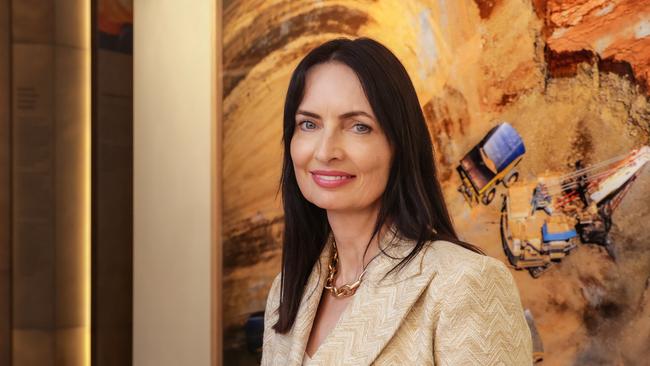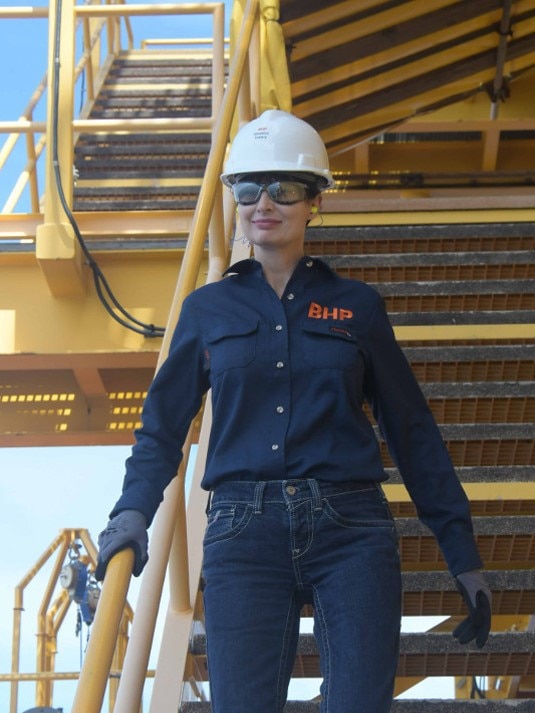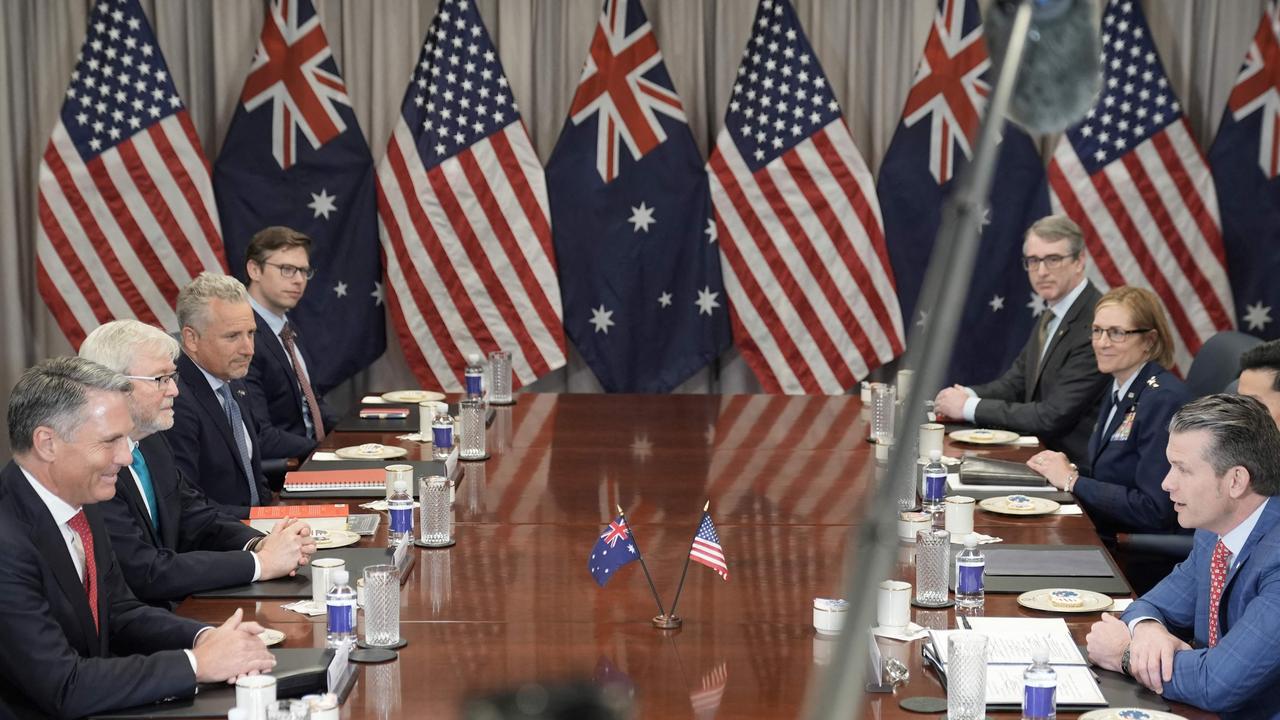BHP says Australia risks losing mining dollars to Brazil and West Africa under Albanese government’s proposed changes
The mining giant warns that Australia risks missing out on a big slice of the $154bn a year in investment that is needed to power the Paris Agreement’s climate goals.

BHP has intensified its pressure on the Albanese government, warning the competitiveness of Australia’s mining sector is under threat as more countries seek to attract slices of the $US100bn ($154bn) a year in resource investment that is needed to power the renewable transition.
While the $236.2bn mining titan says Australia’s “stable and pro-investment regulatory and policy environment” has been one of the country’s biggest strengths for years, it is increasingly becoming eroded.
“Recent examples of sudden and unilateral changes in tax and royalty regimes in some Australian jurisdictions have put future Australian investment at risk,” the company warns in a new report, titled ‘Recapturing Australia’s Competitiveness’.
The company said increasing complexity of regulations at state and federal levels is leading to longer wait-times for approvals, while industrial relations changes risk creating additional cost pressures and restricting the ability of the mining industry to lift productivity.”
At stake is the ability to secure part of the $US100bn a year in mining investment, which BHP has forecast is needed to meet the temperature goals under the Paris Agreement. This investment includes commissioning 140 new copper mines, 60 new nickel mines, 50 new lithium mines and 17 new cobalt mines by the end of the decade.

BHP says if Australia increased production of these commodities, which are central to the energy transition, it could deliver up $20bn in annual investment “for years to come” and support “high-paying jobs in regional and remote areas”, particularly for Indigenous Australians.
But it warns the nation is not in pole position to attract these dollars, with Brazil and West African iron ore deposits having lower levels of impurities, requiring less processing, than ores in the Pilbara region.
“It is also true for future-facing commodities like copper where countries like Chile and the Democratic Republic of the Congo have greater reserves, ore quality and accessibility, and lower power costs - which is vital for energy intensive minerals and metals processing,” the BHP report says.
Copper is one of the minerals which is key for the energy transition and BHP said mines in South Australia could add a further 500,000 tonnes of copper a year. BHP boss Mike Henry has previously said Australia needed to be best in class when it came to the ease of doing business, but the nation was actually going in the wrong direction and implored the political class to “stop doing more harm’’.
This includes the Albanese government’s proposed “same job, same pay” laws would slug the company $200m a year at its South Australian copper operations, hiking investment risks, the company says.
The “same job, same pay” policy is designed to crack down on worker exploitation by labour hire firms and is a key plank of Labor’s second wave of industrial relations changes.
But BHP has waged a campaign against the changes for much of this year, saying it would be a “productivity killer” and an economic drag on the nation, with the company’s Australian president, Geraldine Slattery, saying it was a poor policy that must be changed.
It has cautioned that it wiill need to look at cost-cutting measures such as killing off its $300m FutureFit Academy program should the “same job, same pay” measures be adopted as currently designed.
“Australia has a huge opportunity to capitalise on major change in the world economy driven by the megatrends of decarbonisation, electrification and population growth – but we must be ready and able to compete in the global arena,” Ms Slattery said on Sunday.
“Many countries are endowed with vast quantities of minerals essential to decarbonisation, and Australia’s global competitors are implementing ambitious policies and investing in technology and skills to capture their share of new capital investment, talent and supply chains.”
“Australia needs to encourage major investment in the people, technology and skills required to create a diverse modern economy. More efficient assessment and permitting for major projects, strategic infrastructure and a stable policy environment will encourage global capital to flow to Australia’s shores.”
Ms Slattery said the ‘Recapturing Australia’s Competitiveness’ report was a “proposal for government and industry to work together on a policy agenda that is positive, productive, ambitious, and actionable”.
“It is about acknowledging the reality of our present situation, recognising the urgency of the task, and determining a plan for action. We hope this is the beginning of a conversation about how Australia can get ahead and stay ahead,” she said.



